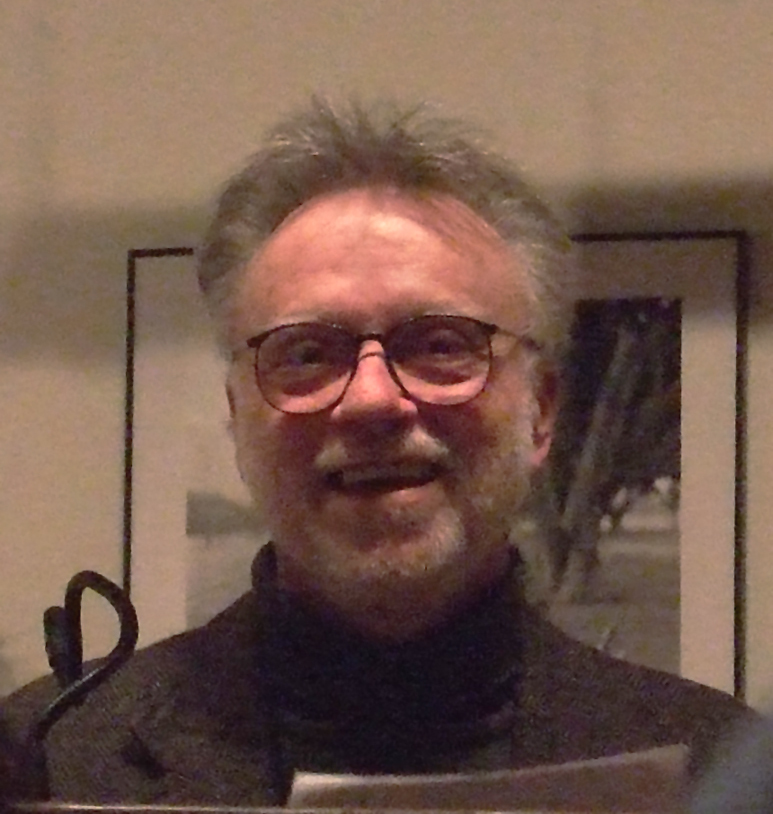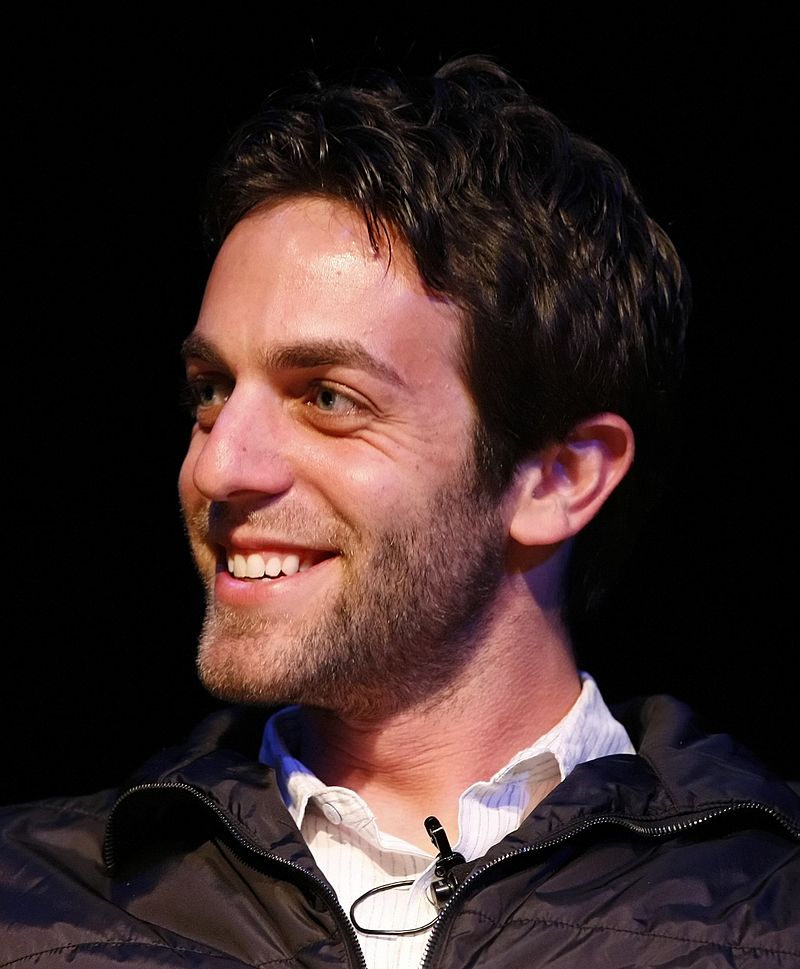 author
authorDiscover the Best Books Written by Italo Calvino
Italo Calvino was an Italian writer and journalist. His best-known works include the Our Ancestors trilogy (1952–1959), the Cosmicomics collection of short stories (1965), and the novels Invisible Cities (1972) and If on a winter's night a traveler (1979). Admired in Britain, Australia, and the United States, he was the most translated contemporary Italian writer at the time of his death.
Italo Calvino is buried in the Castiglione della Pescaia garden cemetery in Tuscany. Italo Calvino was born in Santiago de las Vegas, a suburb of Havana, Cuba, in 1923. His father, Mario, was a tropical agronomist and botanist who also taught agriculture and floriculture. Born 47 years earlier in Sanremo, Italy, Mario Calvino emigrated to Mexico in 1909, where he took up an important position with the Ministry of Agriculture.
In an autobiographical essay, Italo Calvino explained that his father "had been in his youth an anarchist, a follower of Kropotkin and then a Socialist Reformist." In 1917, Mario left for Cuba to conduct scientific experiments after living through the Mexican Revolution. Calvino's mother, Giuliana Luigia Evelina "Eva" Mameli, was a botanist and university professor. A native of Sassari in Sardinia and 11 years younger than her husband, she married while still a junior lecturer at Pavia University.
Born into a secular family, Eva was a pacifist educated in the "religion of civic duty and science." Eva gave Calvino his unusual first name to remind him of his Italian heritage. However, since he wound up growing up in Italy after all, Calvino thought his name sounded "belligerently nationalist." Calvino described his parents as being "very different in personality from one another," suggesting perhaps deeper tensions behind a comfortable, albeit strict, middle-class upbringing devoid of conflict.
He struggled to relate to poverty and the working class as an adolescent. He was "ill at ease" with his parents' openness to the laborers who filed into his father's study on Saturdays to receive their weekly paycheck. In 1925, less than two years after Calvino's birth, the family returned to Italy and settled permanently in Sanremo on the Ligurian coast. Calvino's brother Floriano, who became a distinguished geologist, was born in 1927.
The family divided their time between the Villa Meridiana, an experimental floriculture station that also served as their home, and Mario's ancestral land at San Giovanni Battista. On this small working farm set in the hills behind Sanremo, Mario pioneered the cultivation of exotic fruits such as avocado and grapefruit, eventually entering the Dizionario biografico degli italiani for his achievements. The vast forests and luxuriant fauna omnipresent in Calvino's early fiction, such as The Baron in the Trees, derive from this "legacy."
In an interview, Calvino stated that "San Remo continues to pop out in my books, in the most diverse pieces of writing." He and Floriano would climb the tree-rich estate and perch for hours on the branches, reading their favorite adventure stories. Less salubrious aspects of this "paternal legacy" are described in The Road to San Giovanni, Calvino's memoir of his father, in which he exposes their inability to communicate: "Talking to each other was difficult. Both verbose by nature, possessed of an ocean of words, in each other's presence, we became mute, would walk in silence side by side along the road to San Giovanni."
A fan of Rudyard Kipling's The Jungle Book as a child, Calvino felt that his early interest in stories made him the "black sheep" of a family that held literature in less esteem than the sciences. Fascinated by American movies and cartoons, he was equally attracted to drawing, poetry, and theatre. On a darker note, Calvino recalled that his earliest memory was of a Marxist professor who Benito Mussolini's Blackshirts had brutally assaulted: "I remember clearly that we were at dinner when the old professor came in with his face beaten up and bleeding, his bowtie all torn up over it, asking for help."
Other legacies include the parents' beliefs in Freemasonry and Republicanism with elements of Anarchism and Marxism. Austere freethinkers with an intense hatred of the ruling National Fascist Party, Eva, and Mario, also refused to give their sons any education in the Catholic Faith or any other religion. Italo attended the English nursery school St George's College, followed by a Protestant elementary private school run by Waldensians.
His secondary schooling, with a classical lyceum curriculum, was completed at the state-run Liceo Gian Domenico Cassini. He was exempted from religion classes at his parent's request but frequently asked to justify his anti-conformism to teachers, janitors, and fellow pupils.
Best author’s book


























